I started out as a professional teacher nine years ago. I had just left the Army and my daughter was just weeks old. I had a PGCE from a two-year stint in an Army Education Centre but my subject knowledge was limited and I had to read my old textbooks every evening just to get ready for the next day. Whatsmore, I hadn’t really had to deal with 16+ year olds since I had been one myself (over a decade ago!). One day, only a few weeks in, I was bemoaning my students for their lack of enthusiasm. “They won’t read!” I exasperated. “I spent hours looking for these articles and they just won’t read them … they’re just there, looking at me like they’re bored out their minds”. It was humiliating.
But when my friend – and mentor – Simon sat me down and looked down at me with pity, he just asked me the simplest of questions: “what will they do then?”
I know now the value of a question like this. Deliberate or not, Simon had reframed the issue for me. Instead of wallowing in my own shortcomings (what I didn’t have or couldn’t do) and trying to blame the students, I had to look at what resources I did have and how I could use them proactively. If the lessons I was trying weren’t working, then I better look for the things that did work. And fast.
That simple question “what will they do then?” sowed the seed. If you ask yourself the same question, the solutions for your own class(es) may be different from the ones I reached with mine. But, by engaging with that question, you might find that – like me – that your planning time suddenly melts away, that your lesson anxiety disappears and that your ability to function as a well-rested and happy human being improves dramatically.
Here’s an example. One of my classes seemed to switch off when we did anything mathematical like Theory of the Firm analysis or the Multiplier. Many of these students were a bit shy and reluctant to talk and several of them clearly lacked any confidence in their mathematical ability. So … what will they do then? I knew that they would play games with each other.
And so, the next time a mathematical topic came up, I devised a small game that they could play in pairs using some LEGO bricks. They would still get to practice the calculations but they could do so in the relative comfort zone of working with their neighbour. After a while, I was able to bring in an element of competition between pairs – which allowed for a more dynamic classroom – and eventually I even got them to design their own games to prove or disprove particular economic concepts topics.
I used to spend hours at home researching case-studies and putting worksheets together in order to try and get them to practice these skills. They weren’t interested. Now that I had something that worked, I could divert all of my resources to developing activities and lessons that would suit my students’ style. As a result, I didn’t have to spend my time aimlessly searching for articles which would never have been read. As a result, my planning time was significantly reduced and my lesson anxiety began to fade away because I knew that this sort of activity would play to their strengths. Put simply, I started to have fun with it and I noticed that I started smiling more in class. We all know that smiling is contagious. And similarly, when teachers have fun, students normally have fun too. I am certainly not a perfect teacher but I can honestly say that enjoy most of my lessons now; I’m having fun.
My book really just scratches the surface of what is possible with an enthusiastic Economics teacher and box of LEGO. I chose LEGO since it is the most ubiquitous and readily-available resources around. But, as there is a ‘but’ here, I also chose LEGO because from my own my experience LEGO will always put a smile on people’s faces – be they 16+ year-olds or even us as teachers. Admit it: there is something about LEGO that just makes us a smile.
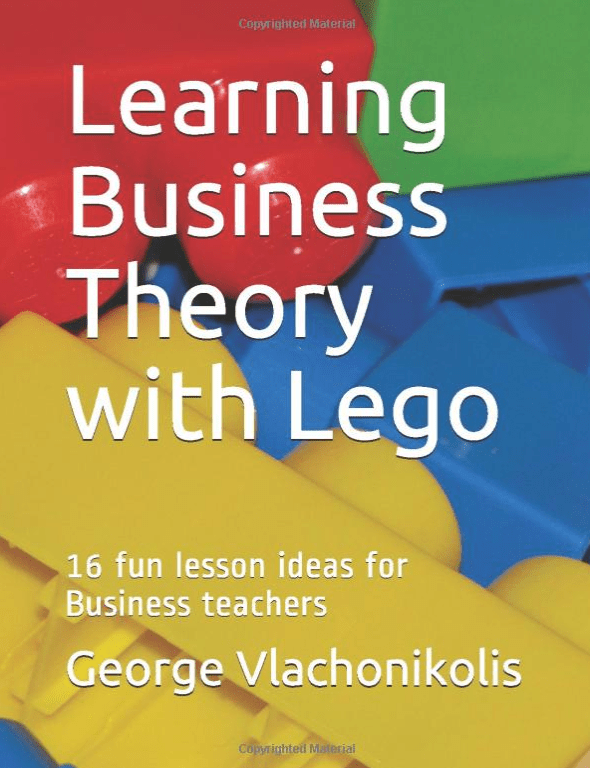
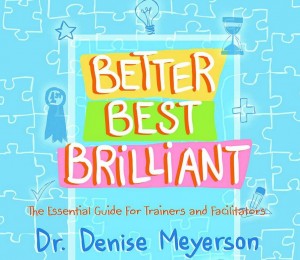
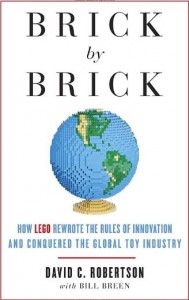
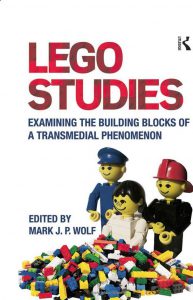



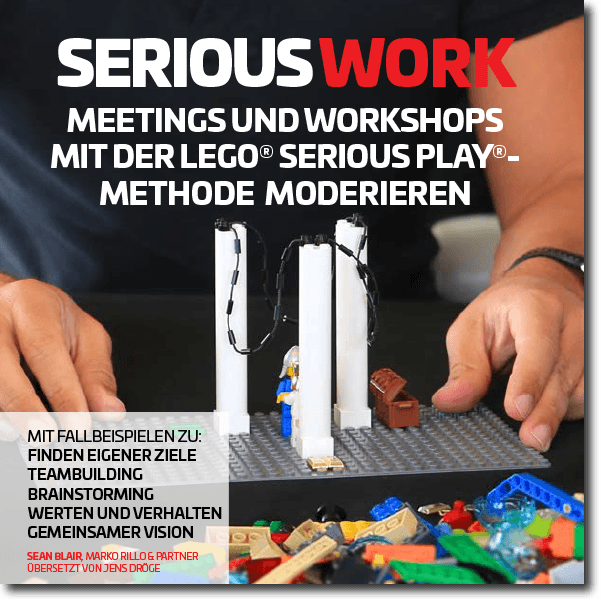

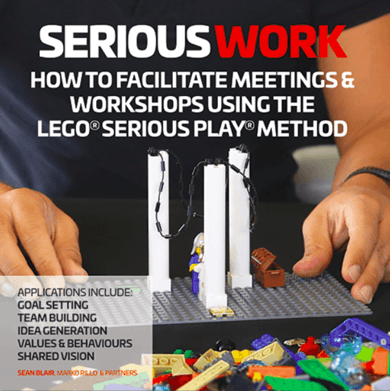
 Become a LEGO Serious Play facilitator - check one of the upcoming training events!
Become a LEGO Serious Play facilitator - check one of the upcoming training events!